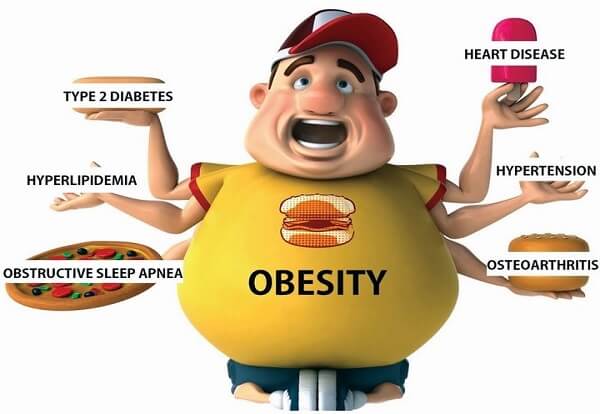Eating a healthy diet is crucial for maintaining good health and preventing chronic diseases. Fresh fruits and vegetables are an essential part of a healthy diet, providing a wide range of nutrients and antioxidants that help keep the body healthy and functioning properly. On the other hand, junk food is often high in calories, sugar, salt, and unhealthy fats, which can lead to a variety of health problems when consumed in excess. In this blog post, we’ll explore the importance of eating fresh fruits and veggies and skipping junk food.
Fresh Fruits and Vegetables Provide Essential Nutrient:
Fresh fruits and vegetables are packed with essential nutrients that are important for maintaining good health. These include vitamins, minerals, fiber, and antioxidants, which help the body function properly and protect it from disease. For example, vitamin C is essential for a healthy immune system and helps the body absorb iron from plant-based sources. Meanwhile, fiber helps regulate digestion and can reduce the risk of heart disease and certain cancers.
Junk Food is high in Calories and Unhealthy Fats
Junk food, on the other hand, is often high in calories, sugar, salt, and unhealthy fats. These foods provide little to no nutritional value and can contribute to a variety of health problems when consumed in excess. For example, consuming too much sugar can lead to weight gain, type 2 diabetes, and heart disease, while a diet high in saturated and trans fats can increase cholesterol levels and raise the risk of heart disease.
Fresh Fruits and Vegetables Can Help Prevent Chronic Diseases

Eating a diet rich in fresh fruits and vegetables has been linked to a lower risk of chronic diseases such as heart disease, diabetes, and certain cancers. The antioxidants in fruits and vegetables can help protect the body from damage caused by free radicals, which are molecules that can cause cell damage and contribute to the development of chronic diseases. Additionally, the fiber in fruits and vegetables can help lower cholesterol levels and reduce the risk of heart disease.
Junk Food Can Contribute to Chronic Diseases

On the other hand, consuming too much junk food can contribute to the development of chronic diseases. For example, a diet high in sugar can increase the risk of developing type 2 diabetes, while a diet high in saturated and trans fats can raise cholesterol levels and increase the risk of heart disease.
Eating diet rich in fresh fruits and vegetables and avoiding junk food is crucial for maintaining good health and preventing chronic diseases. Fresh fruits and vegetables provide essential nutrients and antioxidants that help keep the body healthy and functioning properly, while junk food can contribute to a variety of health problems when consumed in excess. By making healthy food choices, we can improve our overall health and well-being.
In addition to the health benefits, there are many other reasons why it’s important to eat fresh fruits and veggies and skip junk food. Here are a few more:
1. Better Energy Levels:
Fresh fruits and veggies contain natural sugars and complex carbohydrates that provide a steady supply of energy throughout the day. On the other hand, junk food can cause blood sugar spikes and crashes, leading to feelings of lethargy and fatigue.
2. Improved Mood:
Eating a healthy diet that includes fresh fruits and veggies has been linked to improved mood and reduced symptoms of depression. Conversely, consuming too much junk food has been linked to an increased risk of depression and anxiety.
3. Better Skin Health:
Fresh fruits and veggies are packed with antioxidants and vitamins that can improve skin health and reduce the signs of aging. Junk food, on the other hand, can cause inflammation in the body, which can lead to skin problems like acne.
4. Better Digestive Health:
Eating a diet high in fiber, like one that includes plenty of fresh fruits and veggies, can promote better digestive health and reduce the risk of constipation and other digestive problems. Junk food, on the other hand, can be low in fiber and high in unhealthy fats, which can contribute to digestive problems.


Post Comments